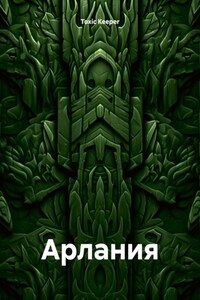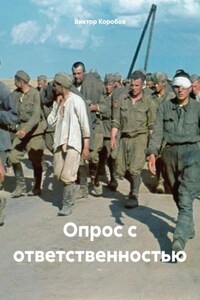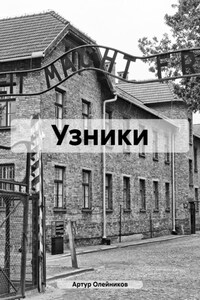1
SATURDAY MORNINGS, THE women came down to the river. They were larger than their menfolk. They balanced basins as wide as ships on their heads and their voices carried across the foothills and washed the bright morning air.
As soon as their babble reached him, Pynter left home, let the slant of the hill carry him down towards the water to watch them wash and talk the day away. He chose a large boulder that overlooked the field of stones around which the water boiled and frothed before disappearing through the dark leaf tunnel of the bamboos overhead. He just sat there, feeding his eyes on the glitter and the green and on the throbbing reds and yellows of their washing spread out on the soap-bleached stones. The glare hurt his eyes. Aunt Tan Cee kept reminding him that he must rest those eyes of his, they were new and delicate, taking in the shapes of things, still making sense of the darkness and the light and all the mixing in between.
Each woman had her own little acre of stones on which she spread her washing. Up to their knees in water, they beat the clothing against the boulders and flashed their soapy corn husks over them. He’d grouped their names in his head according to the sound of them – Ursula, Petra, Barbara and Clara; Cynty, Lizzie, Tyzie, Shirley. And then there was Miss Elaine, her name all pretty and by itself, just like the way she was.
Pynter knew them by the stories they told each other and laughed over: the illnesses of their children, the appetites of their menfolk, the little things they wanted for themselves that their men would never give them. He heard them even when their voices dipped; they seemed to bring their heads together, especially when their talking turned to terrible things. Like why pretty Miss Madrone no longer came to the river with them. She carried an illness between her thighs, which her man had brought home to her from the tourist ship he worked on. He was due back in three months and only God knew what he would bring back to her this time. Pynter learned about the child that Sadi Marie’s eleven-year-old daughter was carrying for Sadi Marie’s man, while Sadi was accusing every young bull in Old Hope because she could not make herself believe the truth. And then their voices would go lower still and the women would speak of what a man called Gideon had done to his mother a coupla months before Peter and he were born. Gideon – he’d heard the name before, always said with lowered voices, always with a sideways glance as if he might be there among them listening. Once Deeka, his grandmother, had used that name in the yard and it had paused his mother’s hands over the dishes she was washing, brought a deadness to her face.
Suddenly the women seemed to notice he was there and they fell silent. Miss Lizzie would not take her eyes off him. Her eyes were dark and shiny like the berries that grew on vines beside the road, berries Aunt Tan Cee said were poison.
His presence bothered Miss Lizzie. She said so all the time, and loud enough for him to hear. She said so with steady staring eyes, and lips that barely moved. She repeated it so often, the others no longer seemed to hear her: that he, dat ‘Jumbie Boy’, didn have no right just sittin on dat stone an’ watchin people; that he, dat ugly likkle mako-boy, was like a shadow on her shoulder and she hated it.
He’d grown accustomed to her words the way he had the sandflies that bit into his skin and left little needle points of itching there. He’d put it down to what the women said about her. That her belly was poisoned. That something in there killed the babies she was carrying a coupla months before they born. That she blamed it on the weakness of the men who placed their seed in her, and she would have any woman’s man if she thought his child would survive her insides. Which was why, Miss Dalene said, a pusson was prepared to put up with the natral badness of that woman.
This morning Miss Lizzie came to the river with an ugly mouthful of words for him. She saw him there and laid her basin down. She moved her lips as if she was about to speak and then, without a word, she turned her head down to her washing. He could sense the heat in her; it came out of her skin like smoke. And soon enough she began tossing words over her shoulders at him.








